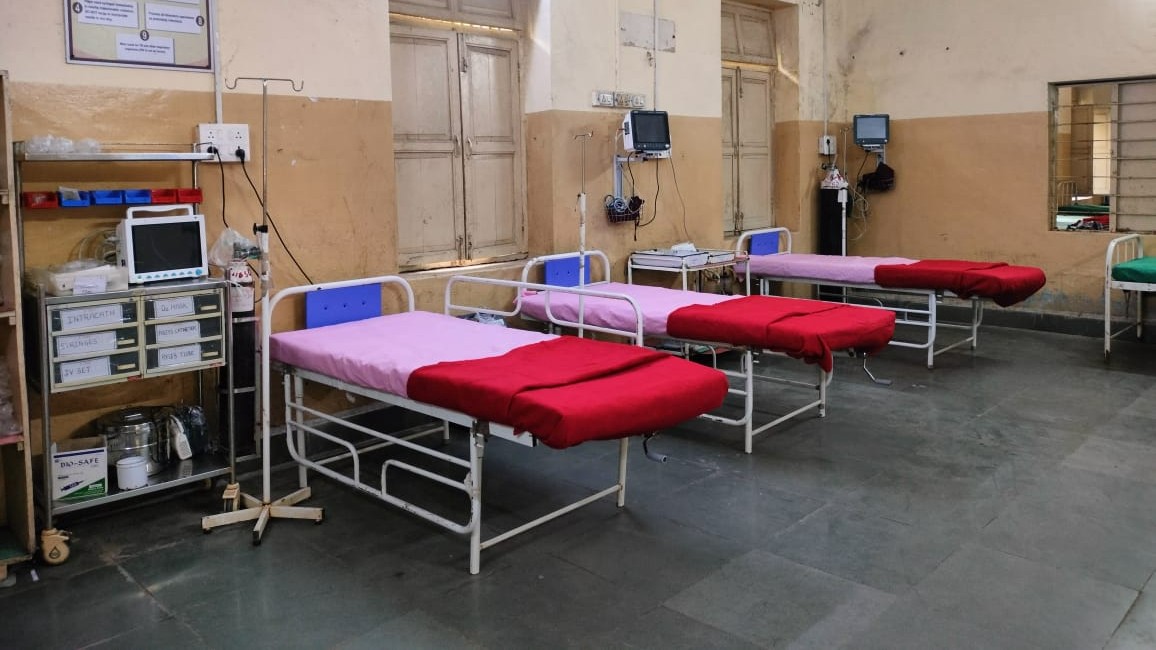Guillain-Barre Syndrome: What Is Campylobacter Jejuni And Norovirus? All You Need To Know About The Bacteria Linked To GBS Outbreak In Pune | Sourced
As the tally of Guillain-Barré Syndrome (GBS), an immunological nerve disorder, has reached 67, panic has spread across Pune.
GBS is a rare condition that causes sudden numbness and muscle weakness, with symptoms including severe weakness in the limbs, loose motions, etc. Bacterial and viral infections generally lead to GBS, as they weaken the immunity of patients, according to doctors.
While GBS is prevalent in both pediatric and young-age groups, it will not lead to an epidemic or pandemic, they said, adding that most will recover fully with treatment.
Affected areas
Most cases have been reported from areas like Sinhagad Road, Dhayari, Kirkatwadi, and surrounding regions. The affected patients are being treated at Dinanath Mangeshkar Hospital, Kashibai Navle Hospital, Poona Hospital, Bharti Hospital, Ankura Hospital, and Sahyadri Hospital.
The spread has been linked to contaminated water or food. The Pune Municipal Corporation (PMC) has been inspecting the water and food in the areas where cases have been found to trace the source of the infections.
Reports indicate that experts from the Indian Council of Medical Research–National Institute of Virology (ICMR-NIV) have identified norovirus and Campylobacter bacteria in some samples taken from affected individuals.
What Is Campylobacter Jejuni and Norovirus?
According to the World Health Organization (WHO), Campylobacter is one of the four key global causes of diarrheal diseases. It is also considered the most common bacterial cause of human gastroenteritis worldwide.
Currently, there are 17 species and 6 subspecies assigned to the genus Campylobacter, of which C. jejuni (subspecies jejuni) is the most frequently reported in human diseases.
Norovirus, also called the “winter vomiting bug,” is a stomach virus that causes vomiting and diarrhea.
